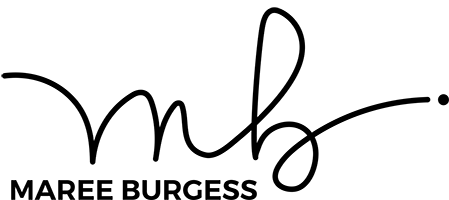
The way we talk and the words we use can either include or exclude people.
I’ve been running knowledge sessions for Diversity Council Australia on the impact of ‘words at work’. It has been fascinating hearing examples from participants of what words and phrases may make individuals feel included or excluded.
Words trigger us in lots of ways and make us feel either good or not good, and allow us to do our best or limit our ability to thrive.
We exclude and limit people when we say things like: I’ll let you know when I need you; you don’t have the experience to know how; it’s too technical for you to understand; you’re just not getting it I’ll ask someone else; this has better work or else; it’s none of your business; you’re making this too complicated; and just do as I say.
We include people when we say things like: Who should we we ask for help on this; let’s do a debrief on what’s working and what we need to put more energy into; how might we tap into the knowledge in this room; let’s nut out how to crack the code on this; imagine if we could …; do you have another perspective we can consider; let’s experiment; and I’m honoured to be working on this with you.
9 out of 10 conversations[1] are said to miss the mark which means that most of your conversations may not connect as you would like them to.
Focussing on our words and the words other people use and asking questions to check for meaning is one way to start making more of our conversations hit the mark and lessen the risk of excluding rather including the people we are chatting with.
[1] A Stanford University study has proven that 9 out of 10 conversations miss the mark https://plato.stanford.edu/entries/speech-acts/

